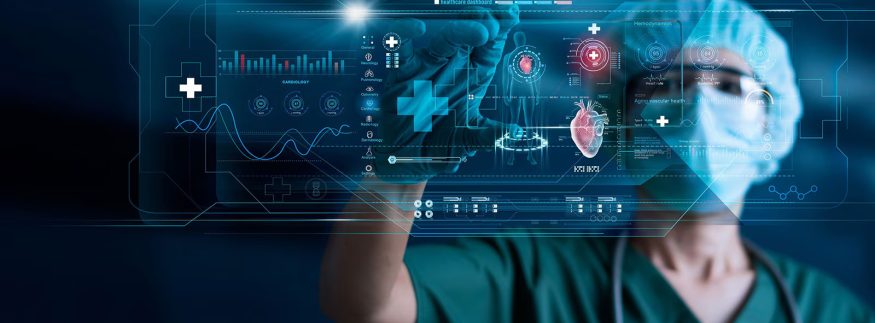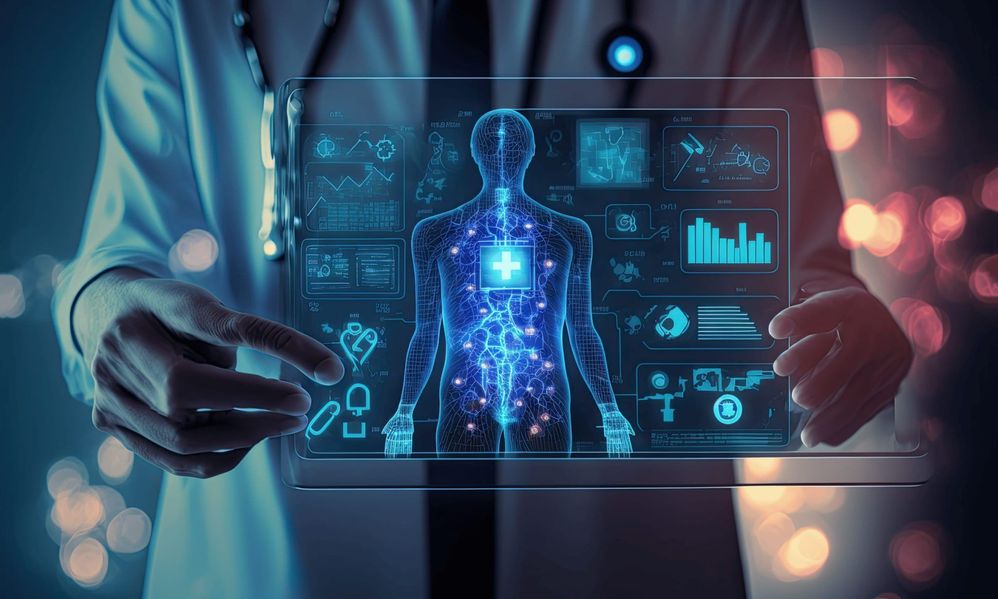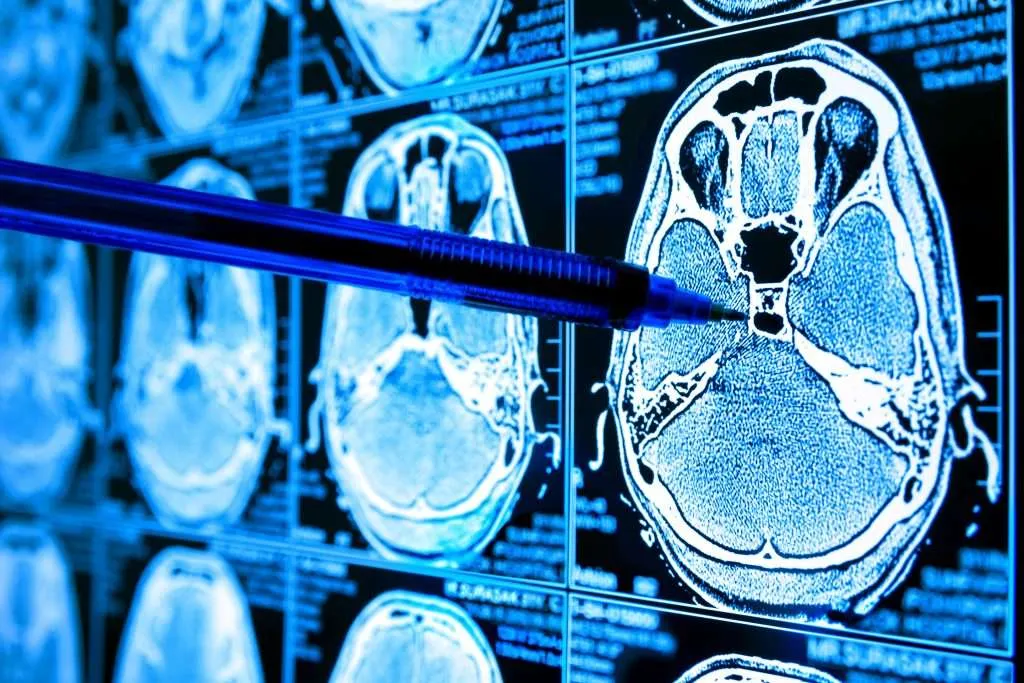AI Meets Healthcare: How Microsoft’s New Tools Could Revolutionise Medical Treatment
AI egypt Healthcare
Cairo 360
In a significant move to reshape the future of healthcare, Microsoft introduced a suite of new AI tools on October 10, 2024, as part of its Microsoft Cloud for Healthcare initiative. These tools are designed to enhance patient care, streamline data management, and optimise healthcare operations. With innovations ranging from medical imaging to AI-driven nursing workflows, Microsoft aims to revolutionise healthcare globally, including in Egypt, where the healthcare system is rapidly evolving.
AI Models to Improve Diagnostics and Cancer Research

One of the standout innovations is the introduction of AI models tailored specifically for healthcare. Developed in collaboration with organisations like Providence and Paige.ai, these AI tools can analyse vast amounts of data, including medical imaging, genomics, and clinical records. The aim is to provide healthcare professionals with deeper insights, improving accuracy in diagnostics and treatment.
In fields like cancer research, these AI models can be transformative. By analysing pathology images with greater precision, they help detect cancer earlier and more accurately, enhancing patient outcomes. For instance, cancer researchers can now leverage these models to spot patterns and details in pathology images that might go unnoticed through traditional methods.
Streamlining Data Management for Personalised Care

A significant challenge in healthcare has long been fragmented and complex data management. Microsoft’s AI tools address this through a new data platform under Microsoft Fabric, which integrates patient conversations, medical records, and clinical data into one unified system. This advancement allows healthcare providers to access and manage data more efficiently, ultimately leading to better, more personalised patient care.
For doctors, this means being able to analyse patient data more comprehensively. They can tailor treatments to individual needs and even predict potential health complications with access to a holistic view of medical records and patient history.
AI-Driven Solutions to Address Nursing Shortages

Another critical feature of Microsoft’s AI tools is their potential to alleviate the burden on nurses, who are often overwhelmed with administrative tasks. The global nursing shortage, predicted to reach 4.5 million by 2030, according to the World Health Organization, has made reducing non-essential duties more critical than ever.
Microsoft’s AI-powered nursing workflows automate tasks like patient documentation and data entry. These tools can populate patient assessments and draft reports using voice-powered AI, freeing nurses to focus on patient care. This automation can help prevent burnout, enhance patient interaction, and improve the overall healthcare experience. Corey Miller, Vice President of Research and Development at Epic Systems, noted that AI is streamlining nursing workflows, allowing medical staff to concentrate on more critical aspects of care.
recommended
 Cafés
Cafés
Bite Into the Croffle Craze: The Best 5 Spots to Try Croffles in Cairo
cafes cairo +2 City Life
City Life




